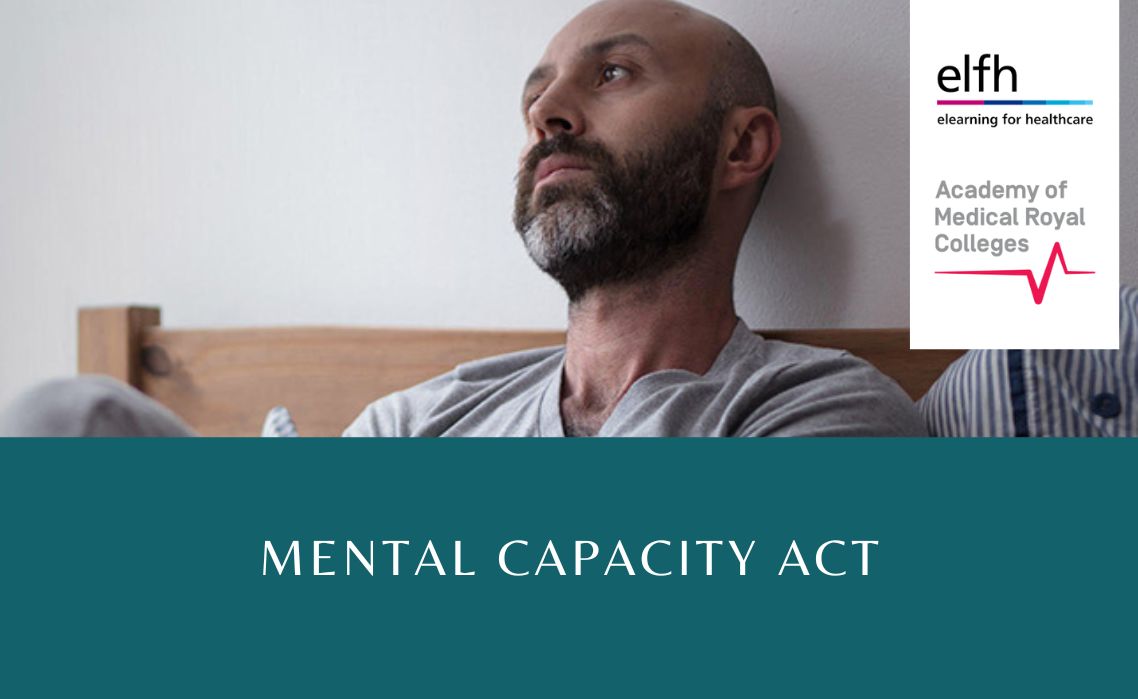
About Course
Mental Capacity Act
Mental health disorders are now one of the main healthcare problems across the world.
This programme aims to equip healthcare professionals with vital skills and strategies to help a patient experiencing a mental health problem, such as depression, anxiety or bipolar.
Developed by NHS England, elearning for healthcare and various partner organisations such as The Academy of Medical Royal Colleges and the Department of Health & Social Care. The content has been written and peer-reviewed by leading clinical specialists in the UK. It is relevant to all health and social care practitioners around the world – regardless of specialty or profession.
Highly interactive learning for practitioners globally
The Mental Capacity Act elearning programme features many interactive elements, such as clinical case studies, diagrams and self-assessment questions to help embed learning and foster deeper understanding. There are also links to further reading for more advanced learning on mental health issues.
On successful completion, you can download or print a certificate as evidence of your learning.
The content is available online so you can fit the learning around your busy schedule.
